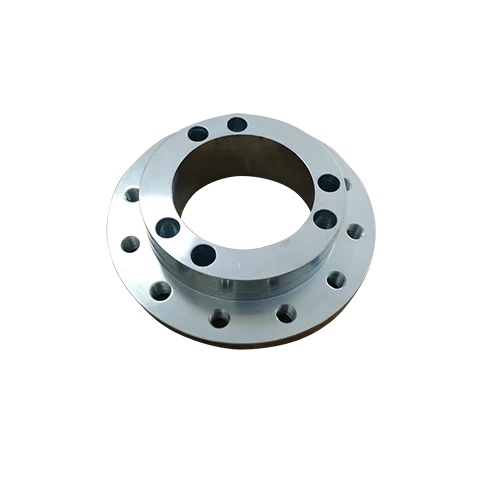Mobile:+86-311-808-126-83
Email:info@ydcastings.com
reusable metal casting molds
The Advantages and Innovations in Reusable Metal Casting Molds
In the realm of manufacturing, metal casting has long been one of the most vital processes for creating complex metal components. As industries evolve, the need for efficiency, sustainability, and cost-effectiveness becomes paramount. One of the most significant advancements in this area is the development of reusable metal casting molds. These molds not only help to reduce waste and costs but also enhance production capabilities across various sectors.
Understanding Reusable Metal Casting Molds
Reusable metal casting molds are specifically designed to facilitate multiple casting cycles, providing manufacturers with a durable alternative to traditional disposable molds. Typically crafted from materials like steel or iron, these molds can withstand the extreme temperatures and pressures involved in the metal casting process. This durability allows them to be used repeatedly, significantly reducing the need for new molds with each production run.
The basic process of using reusable molds involves pouring molten metal into the mold cavity, allowing it to cool and solidify, and then removing the finished product. Unlike traditional molds that may be used once and thrown away, reusable molds require careful maintenance but can serve for thousands of cycles with proper care.
Benefits of Reusable Metal Casting Molds
1. Cost Efficiency One of the most apparent benefits of reusable metal casting molds is the reduction in costs. Instead of spending money on new molds for each casting cycle, businesses can invest in a smaller number of durable molds that amortize their initial costs over many uses. This savings can significantly impact overall production budgets.
2. Environmental Sustainability In today’s eco-conscious climate, sustainability is a critical consideration for many businesses. Reusable molds help minimize waste by reducing the number of disposable molds ending up in landfills. Additionally, the reduction in material consumption and cleaner production processes contributes to a lower carbon footprint.
3. Improved Quality and Consistency The precision engineering involved in manufacturing reusable molds often leads to higher quality and consistent casting outcomes. These molds can be designed to precise specifications, ensuring that each cast maintains the same dimensions and appearance, crucial for industries where accuracy is paramount.
reusable metal casting molds

4. Speed of Production Reusable metal molds can significantly speed up the production process. Because they can withstand multiple uses without degradation, manufacturers can decrease turnaround times and increase output. This is especially advantageous in industries where rapid prototyping and large-scale production are necessary.
5. Design Flexibility With advancements in technology, reusable molds can be tailored to accommodate complex designs and shapes. This flexibility allows manufacturers to experiment with new designs without the constant need to produce new molds, fostering innovation and creativity in product development.
Challenges and Considerations
Despite the advantages, there are challenges associated with reusable metal casting molds. They require an upfront investment, and their maintenance can involve skillful handling and careful cleaning to avoid damage. Additionally, the initial design and manufacturing process for these molds can be more complex than that of traditional molds, requiring specialized skills and tools.
Future Innovations
As industries continue to adopt technologies such as 3D printing and advanced robotics, the future of reusable metal casting molds looks promising. The integration of smart technologies could lead to molds equipped with sensors that monitor temperature and pressure, providing real-time data to optimize the casting process. Furthermore, developments in material science may give rise to even more robust and lightweight mold materials, pushing the boundaries of what is achievable in metal casting.
Conclusion
In summary, reusable metal casting molds represent a significant innovation in manufacturing, bringing various benefits ranging from cost savings to environmental sustainability. As the industry moves towards more sustainable practices, the adoption of these molds is likely to grow, paving the way for improved efficiency and quality in metal casting processes. The ongoing advancements in this field promise to revolutionize how companies approach production, blending cost-effectiveness with environmental responsibility and technological innovation.
-
Why Should You Invest in Superior Pump Castings for Your Equipment?NewsJun.09,2025
-
Unlock Performance Potential with Stainless Impellers and Aluminum End CapsNewsJun.09,2025
-
Revolutionize Your Machinery with Superior Cast Iron and Aluminum ComponentsNewsJun.09,2025
-
Revolutionize Fluid Dynamics with Premium Pump ComponentsNewsJun.09,2025
-
Optimizing Industrial Systems with Essential Valve ComponentsNewsJun.09,2025
-
Elevate Grid Efficiency with High-Precision Power CastingsNewsJun.09,2025











